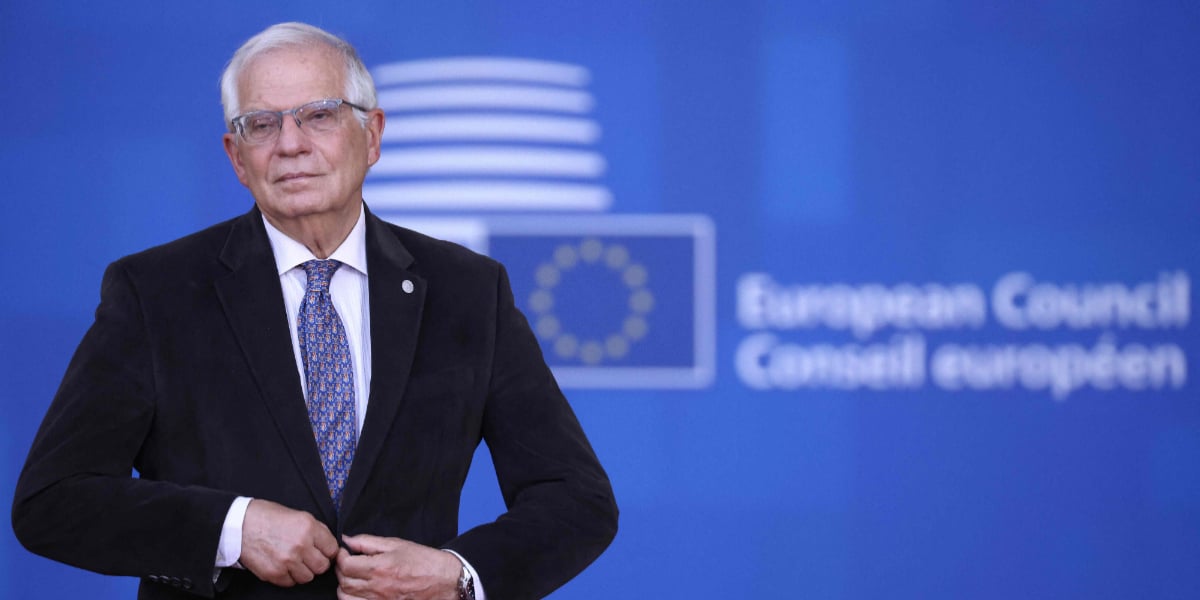European Union head visits Iran for discussions of revival of nuclear deal

European Union High Representative for Foreign Affairs and Security Policy Josep Borrell – AFP
- EU head visits Iran for discussions about the revival of a halted nuclear deal.
- The agreement was halted in 2018.
- Iran has not been in favor of wanting a nuclear arsenal.
Josep Borrell, the head of foreign policy for the European Union, was scheduled to see Iran’s top diplomat on Saturday, after his arrival for discussions on efforts to restore the 2015 Iran nuclear deal.
Borrell arrived in Tehran on Friday night for an unannounced visit aimed at restarting the talks three months after they had stalled due to disputes between Iran and the United States.
Read more: Iran says ‘serious’ about reaching revived nuclear deal
“Diplomacy is the only way to go back to full implementation of the deal and to reverse current tensions,” European Union head tweeted on Friday.
Later on Saturday, he is scheduled to meet with Foreign Minister Hossein Amir-Abdollahian and other Iranian officials.
The nuclear agreement has been in jeopardy since 2018 when then-president Donald Trump unilaterally withdrew the United States from the treaty and imposed severe economic sanctions on America’s archenemy.
The administration of incumbent US President Joe Biden has endeavored to return to the deal, citing it as the optimal course of action with the Islamic republic.
Read more: Russia fully supports revival of Iran nuclear deal
During a meal with Borrell on Thursday in Brussels, US negotiator Robert Malley “reiterated firm US commitment to come back to the deal,” according to the EU’s coordinator for the negotiations, Enrique Mora.
The discussions, which began in April of last year, seek to return the United States to support the agreement, including through the lifting of sanctions while maintaining Tehran’s full compliance with its nuclear obligations.
The negotiations halted in March due to tensions between Tehran and Washington, particularly over Iran’s demand that its Islamic Revolutionary Guard Corps be removed from a US list of terrorist organizations.
Iran received sanctions relief in exchange for assurances that it would not be able to manufacture a nuclear weapon under a nuclear agreement agreed in 2015 with six major powers (Britain, China, France, Germany, Russia, and the United States).
Read more: Iran blames US for nuclear deal stalemate
Iran has consistently denied a desire for a nuclear arsenal.
“We are ready to conclude this agreement, and urge Iran to seize this diplomatic opportunity to conclude now, while this is still possible,” a French foreign ministry spokeswoman said on Friday.
Read More News On
Catch all the Business News, Breaking News Event and Latest News Updates on The BOL News
Download The BOL News App to get the Daily News Update & Live News.